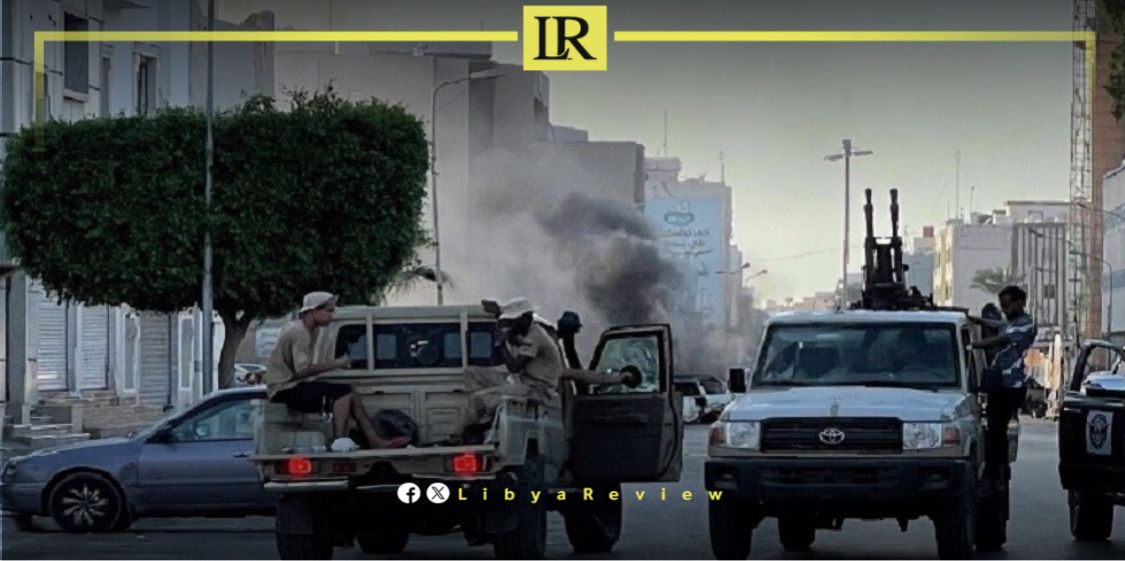On Monday, a young man named Rafik Karima was tragically shot dead in the city of Al-Zawiya. Eyewitnesses reported that armed assailants fired a barrage of bullets at Karima before fleeing the scene. Libya Press confirmed that Karima was struck in the head by a bullet, resulting in his immediate death.
Al-Zawiya, located on the Mediterranean coast about 45 kilometers west of Tripoli, has been a hotspot for violence and unrest. The city holds strategic importance due to its proximity to the capital and its role as a vital hub for Libya’s oil and gas industry. This has made Al-Zawiya a battleground for rival militias vying for control, contributing to a volatile security situation.
Since the fall of Muammar Gaddafi’s regime in 2011, Libya has experienced ongoing turmoil. The power vacuum led to the rise of numerous armed groups and two rival administrations, one based in the east and the other in the west of the country. Repeated armed clashes in western Libya, including Al-Zawiya, have been fueled by these competing factions. The control exerted by various militias has further destabilized the region, making it difficult for the government to establish order.
The Government of National Unity (GNU), led by Prime Minister Abdul Hamid Dbaiba, has struggled to assert control over these militias and armed groups operating outside the state’s authority. Al-Zawiya has been particularly affected, with frequent outbreaks of violence disrupting the daily lives of its residents.
The international community closely monitors the situation in Libya, urging for a unified government and the disbandment of militia groups. The United Nations Support Mission in Libya (UNSMIL) has been actively involved in facilitating dialogue between conflicting parties, aiming to pave the way for a peaceful resolution and stable governance.


